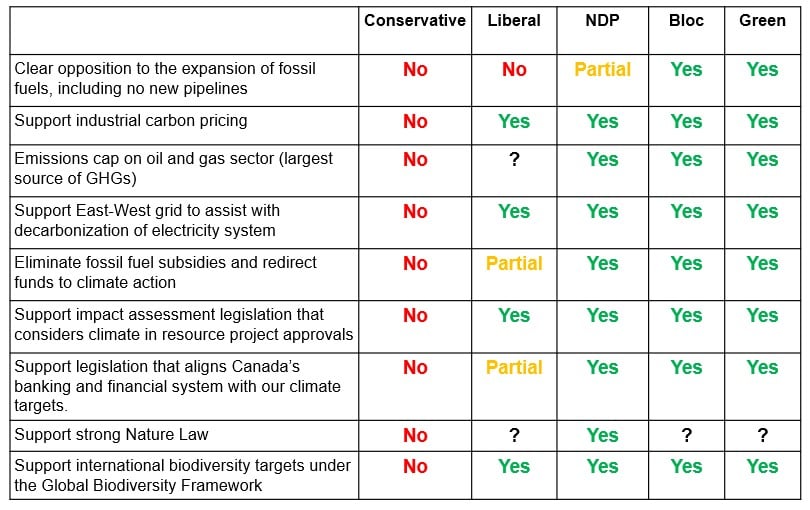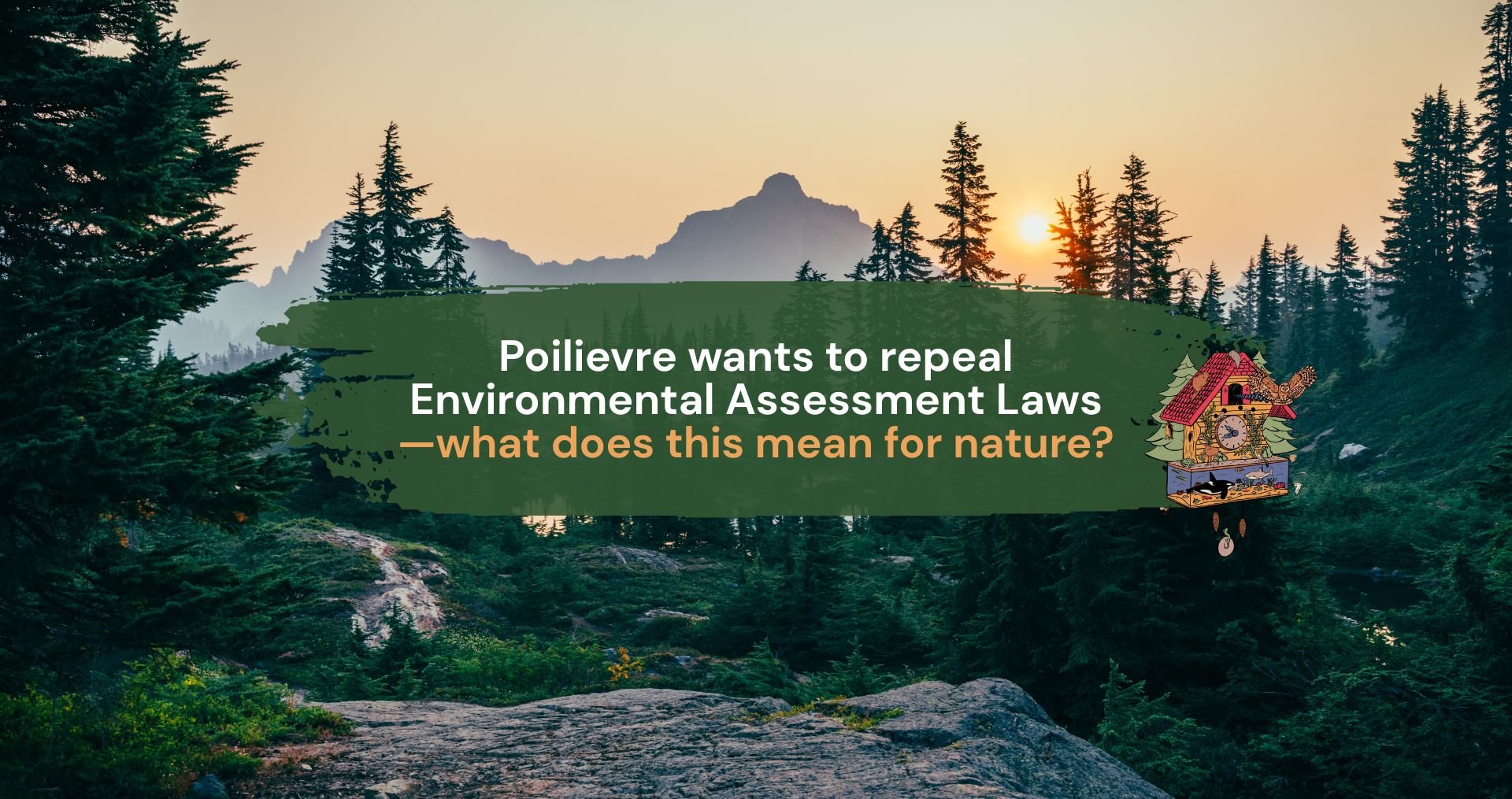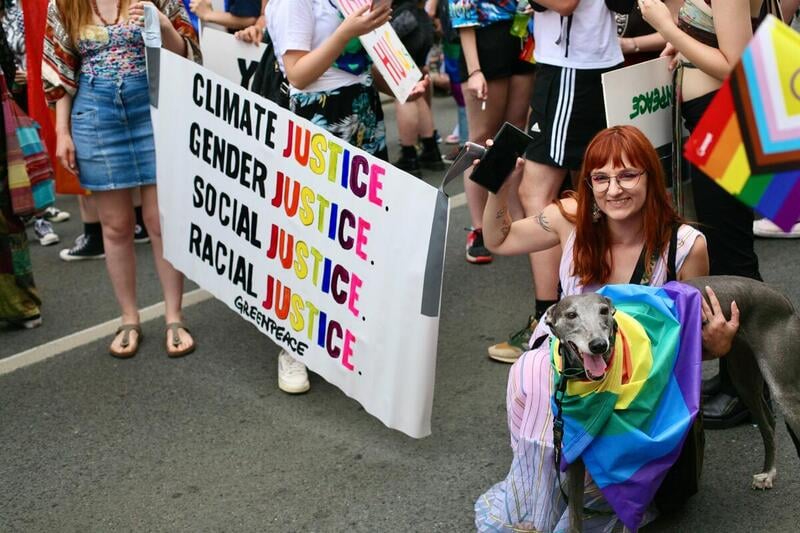There are so many ways to effect change.
Whether you march in the streets, paint murals, or sign petitions. Whether you organize blockades, take legal action, or put your sailing skills to good use. Everything you do, every act of courage, makes a difference.
Just take a look at some of the recent campaign victories from around the world. From the forests to the coasts, our activism is fostering creative, peaceful, and diverse solutions.
We’re excited to share some of these stories with you, along with some cool content for you to click on. Start scrolling for your dose of good news!
THE BUZZ
Shell’s right to blast the South African seashores revoked
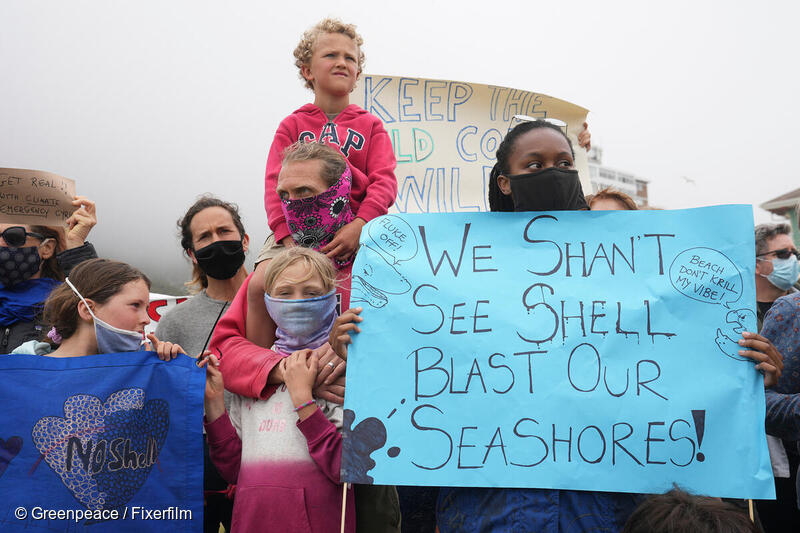
In an enormous victory for the planet, Shell will not be allowed to conduct seismic blasting off the Wild Coast of South Africa!
Last year, Shell announced that it would start looking for oil and gas reserves off South Africa’s eastern coast. The South African government granted exploration rights to the company in 2014, which it renewed in 2021. Under the ruling, the company could conduct underwater explosions, using sound waves to map the seabed for oil and gas.
Several organizations and community groups – including Greenpeace Africa – challenged the decision in court. They argued that decision-makers did not consult coastal communities. As a result, they did not consider the potential impacts of this exploration on communities’ livelihoods or culture.
After reviewing the case, a judge of the High Court in Makhanda decided that the exploration rights granted to Shell were unlawful. The ruling revokes Shell’s exploration rights, banning it from searching for fossil fuels off the Wild Coast.
This is a huge win for our oceans and all who call them home! It is a testament to the hard work of coastal communities on the frontlines of ocean protection, whose campaigns have highlighted how our well-being is tied to that of the oceans. In putting people before profit, the decision represents an important step in the struggle against #FossilFuelColonialism, toward environmental justice.
New rules around forest fires in Russia
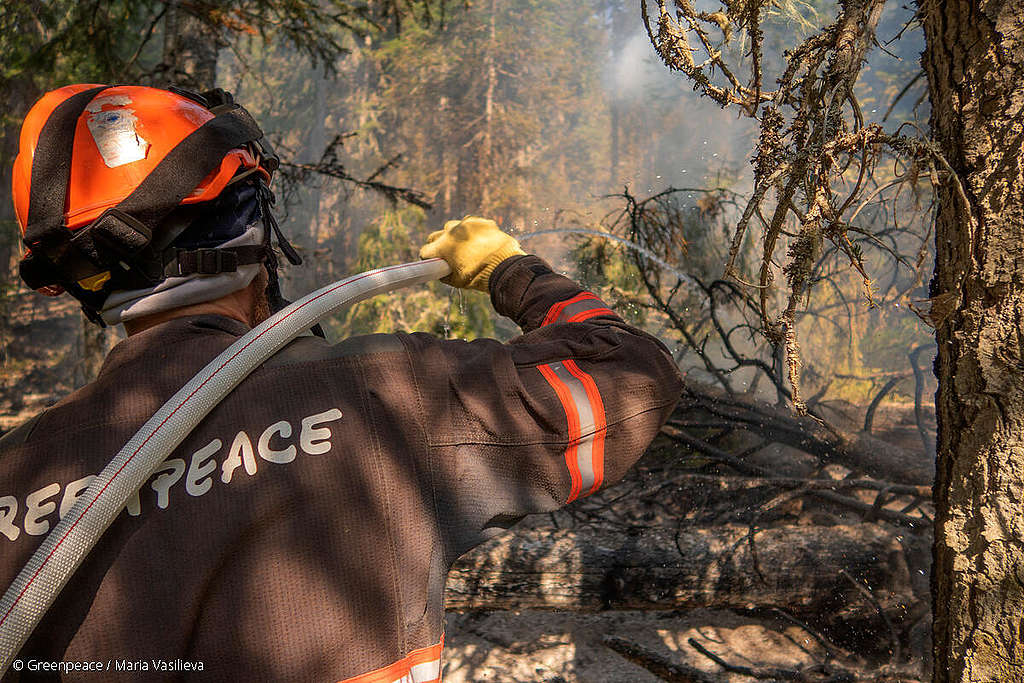
The Russian government will reduce the number of forest areas where fires can be left to burn.
Ironically named “control zones,” these are remote areas where local authorities are not obliged to fight fires. Instead, they may track forest fires with satellites, either because a site is difficult to access or because of the financial cost. As a result, fires often grow and burn millions of acres a year, with smoke blown into cities.
Public pressure to address these fires began to mount when large fires burned millions of acres of forest in Siberia in 2019. Greenpeace Russia has been on the front lines of this advocacy, insisting on a review of control zones. In July, for example, Greenpeace submitted several proposals to the Russian government. They called for authorities to extinguish as many fires as possible, especially where smoke traps cities or fires threaten nature reserves and national parks. Over 23,000 people expressed their support for Greenpeace’s proposal.
Now, the Ministry of Natural Resources has approved new legislation to decrease the number of “zones of control.” As of spring 2023, these “control zones” will account for 25-30% of Russian forests, reduced from almost 50%. The decision will affect roughly two million square kilometres of forest areas and help ensure that more fires are extinguished in the early stages. This is especially important for fires in Siberian forests, which can impact the melting of Arctic ice.
The Russian government’s review of “control zones” is an encouraging and necessary step in fighting forest fires. There is still more to be done, however, and Greenpeace will keep pushing for policy changes to protect the forests!
CAMPAIGN UPDATES
Greenpeace activists block Russian gas from being offloaded in Sweden and Finland
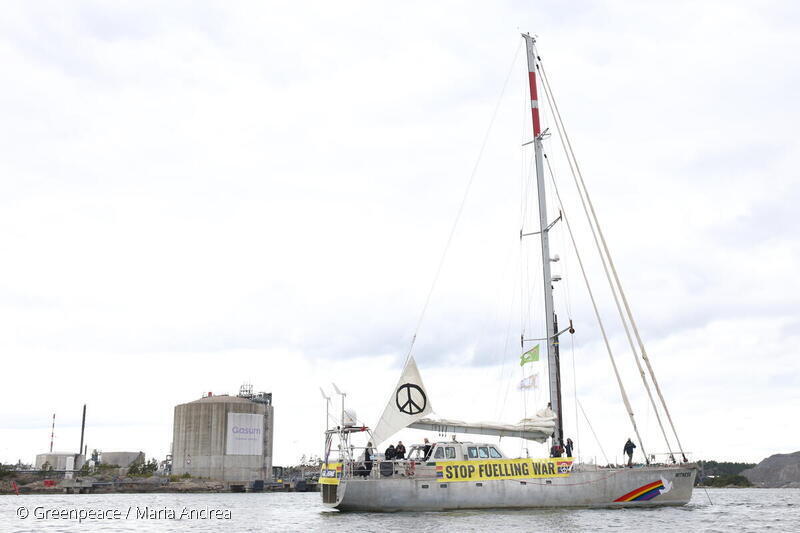
On September 8, a tanker carrying Russian liquified natural gas (LNG) was set to unload at a Finnish-owned terminal in eastern Sweden. In response, Greenpeace activists climbed the cranes used to unload gas. Meanwhile, activists in kayaks placed themselves near the loading dock, alongside the Greenpeace vessel Witness. Together, they managed to prevent the tanker from docking for more than twenty hours.
On September 17, another shipment of Russian LNG was set to unload, this time at a terminal in northern Finland. This shipment was also blocked by climbers and activists in kayaks for more than twelve hours.
Greenpeace is calling for the Swedish and Finnish governments to stop importing Russian gas, highlighting that this kind of trade finances the war in Ukraine. And it’s not just an issue in Ukraine – the extraction of fossil fuels has fuelled many forms of conflict worldwide, including police aggression against Indigenous peoples in Canada. The solution? Energy efficient and renewable energy options to replace oil and gas.
The war in Ukraine has exposed the problems associated with fossil fuel dependency, catalyzing governments’ plans to transition away from fossil fuels. Let’s keep the conversation going.
Greenpeace Africa supports legal actions led by grassroots groups
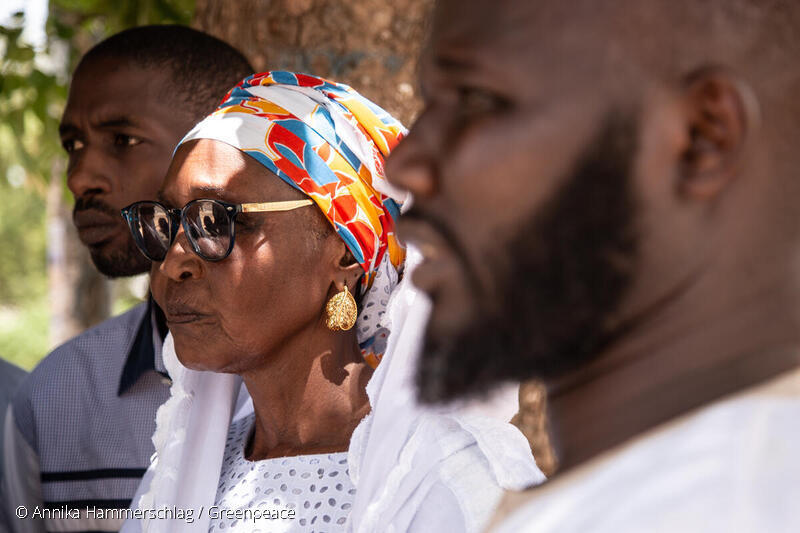
Greenpeace Africa has announced some groundbreaking litigation! In Senegal, grassroots campaigners are suing a fishmeal factory that’s been polluting the environment and jeopardizing people’s health, livelihoods, and food security. As of September 19, the Taxawu Cayar Collective is taking legal action against the Touba Protéine Marine (formerly Barna Sénégal) fishmeal factory, calling for an injunction to suspend the factory’s activities.
Meanwhile, farmers in Kenya have filed a court case to challenge the Seed and Plant Varieties Act, which criminalizes the sale and exchange of uncertified and unregistered seeds in Kenya. This law affects smallholder farmers who use indigenous seeds to grow food because most of these seeds are unregistered and uncertified. The farmers are appealing to the Kenyan government to respect the right of farmers to share and exchange indigenous seeds. This case will be mentioned in court for the first time on November 16, 2022.
These lawsuits are inspirational examples of how communities and grassroots organizers can use legal channels to defend their rights and interests against profit-driven entities. Greenpeace Africa is supporting the collectives in this litigation. Keep your eyes peeled for developments in the coming months and sign the petitions to amplify the activism that these communities are doing!
SPECIAL ANNOUNCEMENT
Meet Lagi!
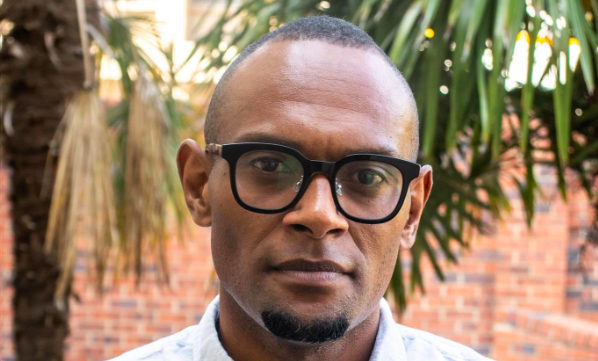
We are pleased to introduce Lagi Toribau, our Interim Executive Director while Christy Ferguson is on parental leave. Lagi has worked with Greenpeace in several countries and in a range of roles over the past 18 years. He started as a Greenpeace volunteer in Fiji, where he’s from. He went on to develop the tuna fisheries campaign in the Pacific and led Greenpeace ship expeditions targeting pirate vessels. He spent time in East Asia, working on programs in Korea and Beijing. He’s also spent some time working for Greenpeace Africa in a number of leadership roles. Before joining Greenpeace Canada, Lagi was in Johannesburg, working as Interim Executive Director for Greenpeace Africa.
Lagi has spoken extensively about the need for systemic changes, from economic systems that exploit people and the planet to education systems that reinforce hierarchical thinking. In fact, he’s been at the forefront of some of the structural changes that have taken place within Greenpeace. He led the Justice, Equity, Diversity, Inclusion and Safety (JEDIS) work, for example, working to develop a framework for the organization.
Lagi is open about what his journey at Greenpeace has taught him about himself, the world we know, and the kind of world we can imagine. He’s excited to share his experiences as he helps Greenpeace Canada embark on the creation of its next strategic plan.
SUPPORTER SPOTLIGHT
Pepper Oni
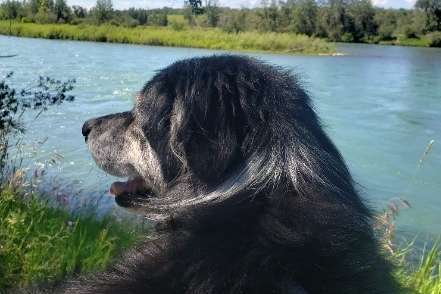
Pepper is a good girl who’s paw-ssionate about nature! She loves going on walks by the river, chasing squirrels, and taking naps in the sun. But going on walks is tough when it gets hot outside – like during the heat dome last year. While Pepper loves humans, she doesn’t like how they treat the planet. So she’s going on walks every day to ask people to put “more than humans” at the centre for a change.
With the help of her friends, Pepper has surpassed her fundraising goal of $500, showing us what’s paw-sible when we work together! A big thank you to Pepper for raising the woof!
If you want to make a positive impact like Pepper, check out our #BECAUSE fundraising campaign for tools and inspiration! You can kick off your own challenge or fundraiser to support Greenpeace in a few simple steps.
PHOTO OF THE MONTH
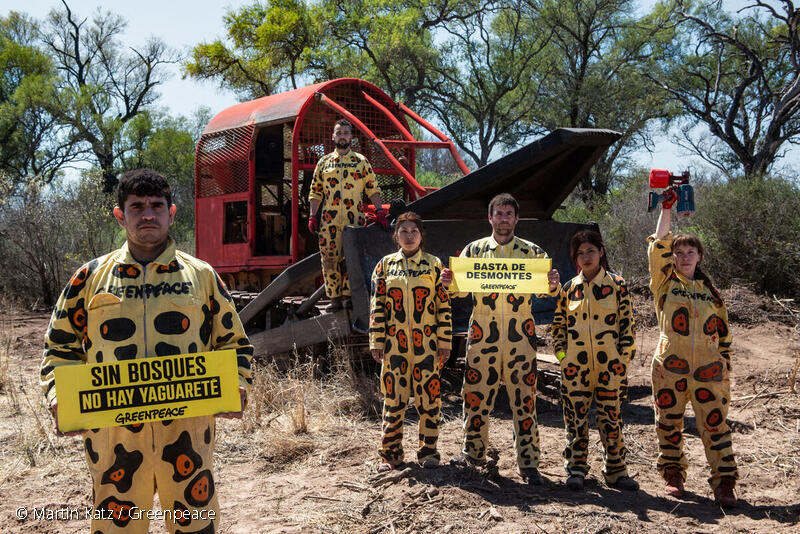
CONTENT RECOMMENDATIONS
The winning entries from the Greenpeace Canada 2022 Photo Contest!
Have a peek
To Food Sleuth Radio’s interview with Sarah King, Head of the Oceans and Plastics Unit.
Check it out
Greenpeace Canada’s new report exposing how Canadian banks are at risk of being kicked out of the UN net zero club for continuing to finance fossil fuels.
Have a read
“The Root to Fulfillment”: a representation of environmental justice from our Rethinking Nature art call.
Take a look

